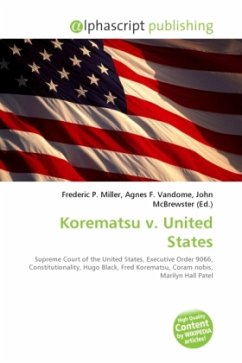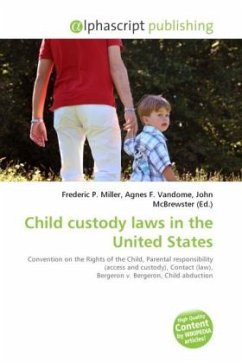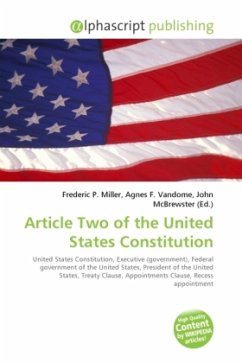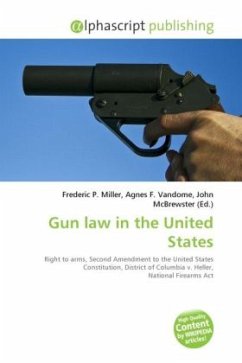Korematsu v. United States, 323 U.S. 214 (1944), was a landmark United States Supreme Court case concerning the constitutionality of Executive Order 9066.N In a 6-3 decision, the Court sided with the government, ruling that the exclusion order was constitutional. The opinion, written by Supreme Court justice Hugo Black, held that the need to protect against espionage outweighed Fred Korematsu's individual rights, and the rights of Americans of Japanese descent. (The Court limited its decision to the validity of the exclusion orders, adding, "The provisions of other orders requiring persons of Japanese ancestry to report to assembly centers and providing for the detention of such persons in assembly and relocation centers were separate, and their validity is not in issue in this proceeding.") The decision in Korematsu v.United States has been very controversial. Indeed, Korematsu's conviction for evading internment was overturned on November 10, 1983, after Korematsu challenged the earlier decision by filing for a writ of coram nobis.
Bitte wählen Sie Ihr Anliegen aus.
Rechnungen
Retourenschein anfordern
Bestellstatus
Storno








